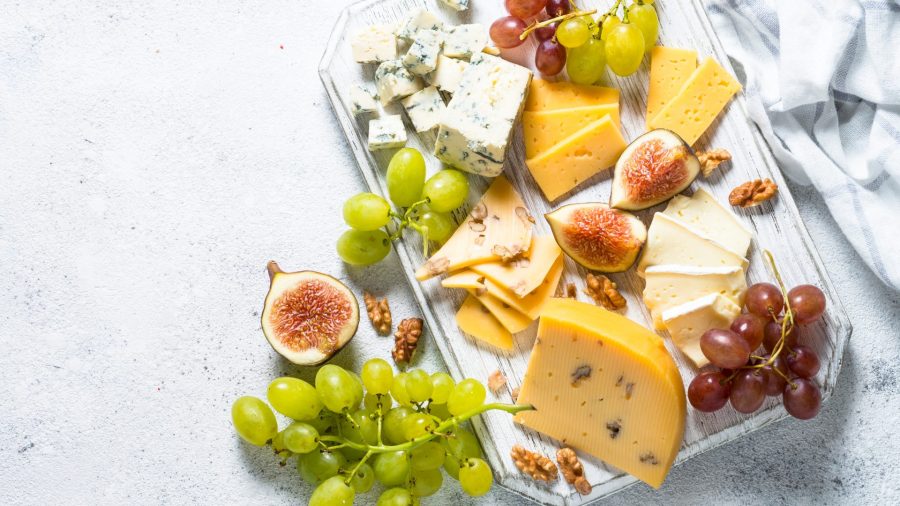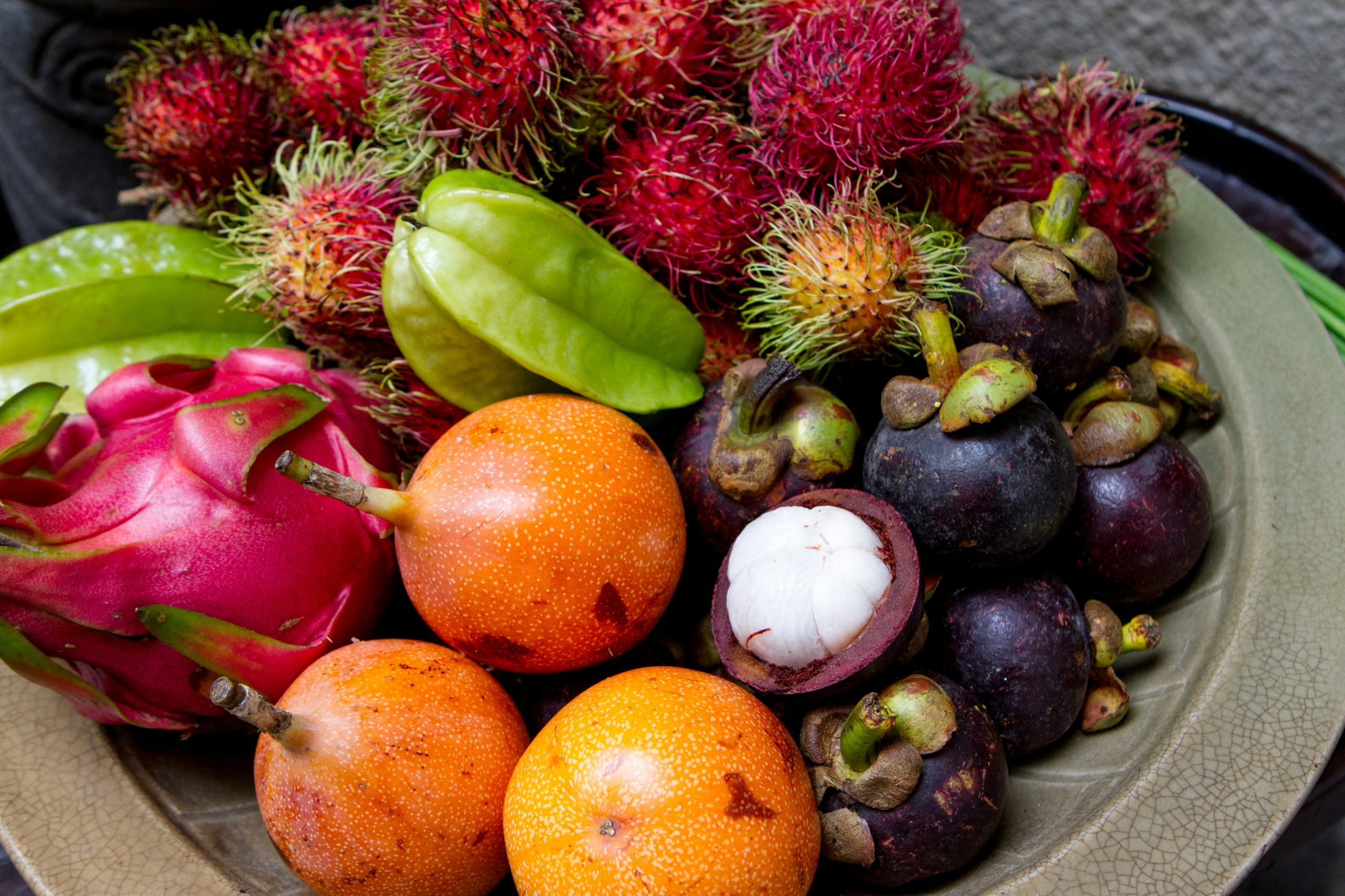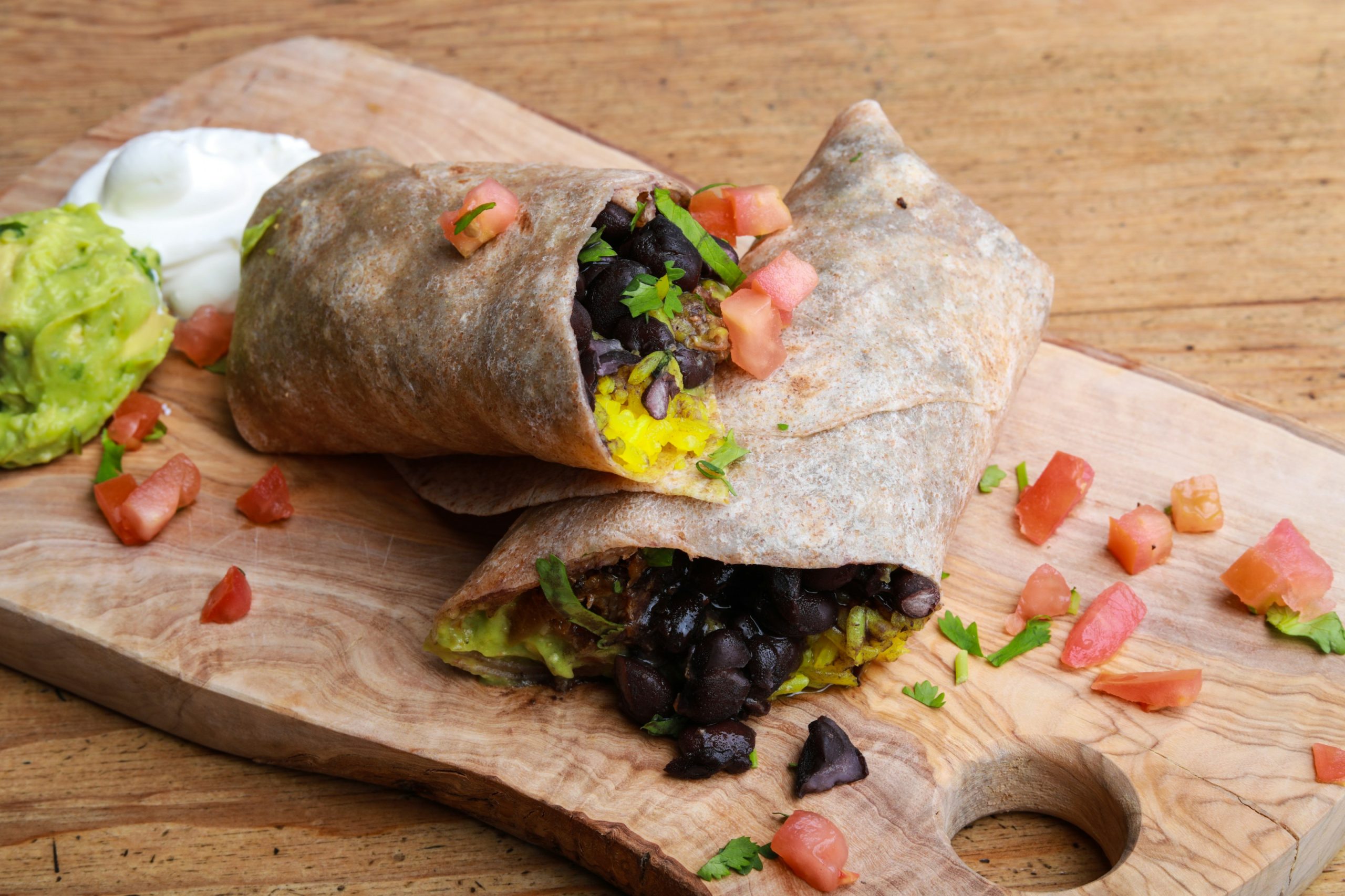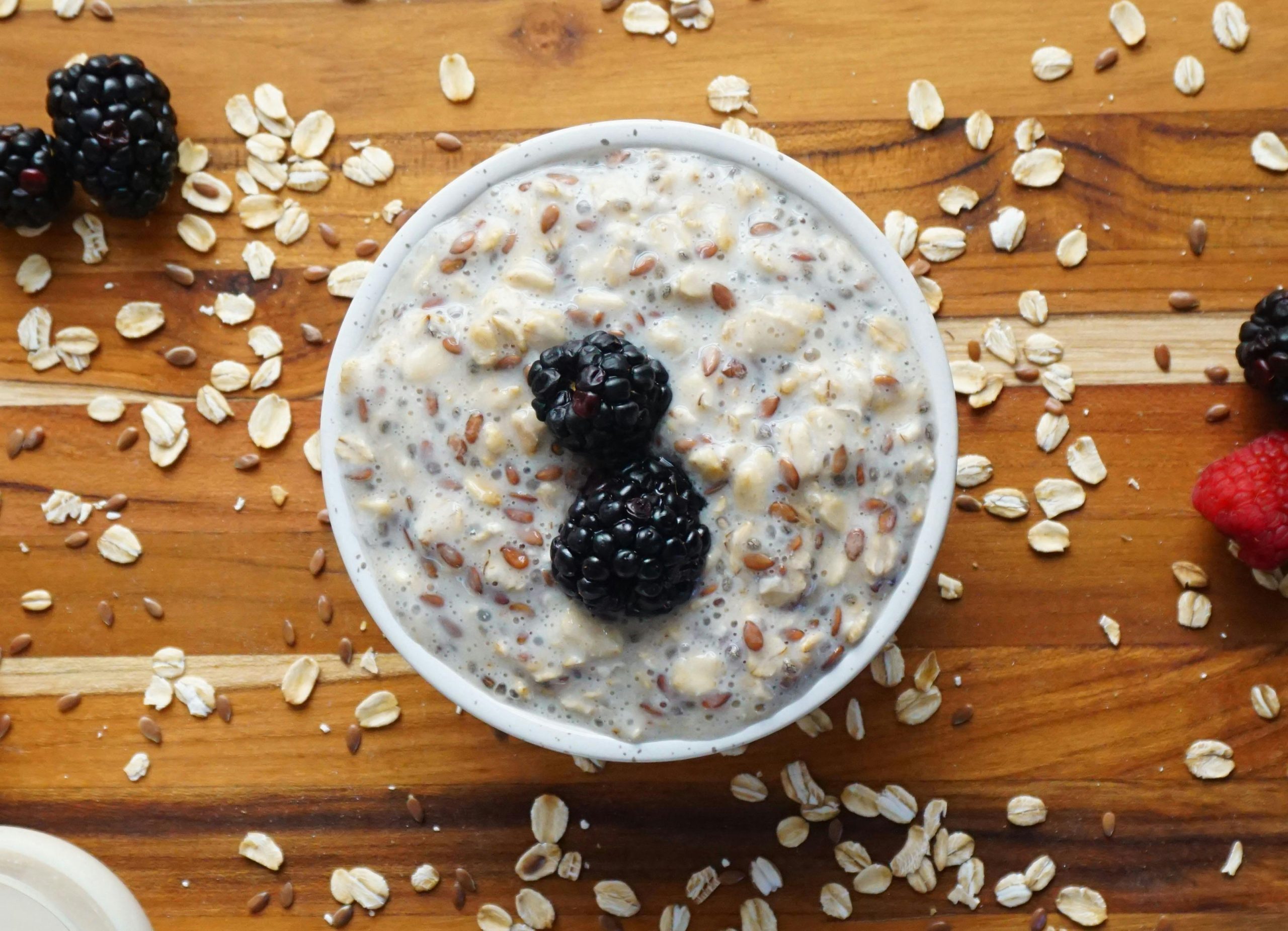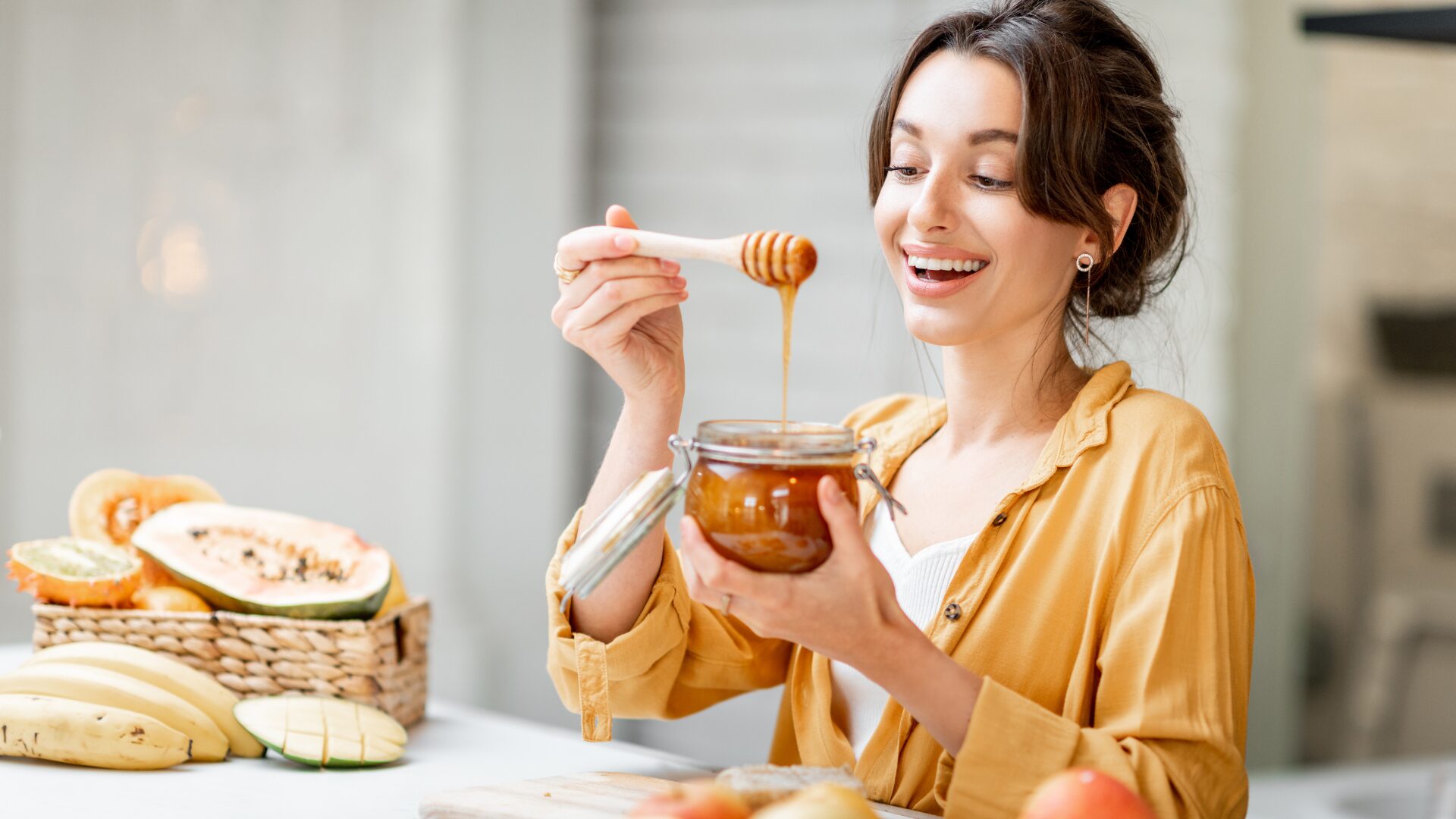Makers and merchants in the $170.4 billion specialty food industry have a history of introducing trends that stick.
With that in mind, here are three categories to watch regarding specialty foods in 2022:
VEGETABLE INSPIRED PLANT-BASED CHEESE
Plant-based cheese makers are striving to make options that are indistinguishable from dairy counterparts.
Expected to reach $7.1 billion by 2030, according to Grand View Research Inc., the global vegan cheese market size is expanding, with improved options like Good Food Planet’s shredded cheese line that melts like dairy varieties and Spero Foods’ cream cheese-style spreads made from sunflower seeds. The standouts have an artisan bent, like Rind by Dina & Joshua, an award-winning producer of European-style rind cheeses, which continues to create niche segments like its new plant-based cheese slices made with vegetables.
“Carrot is the first to launch since it’s a widely loved and recognized veggie,” Dina DiCenso told The Food Institute. “It was the most natural fit for our ‘American slice’ as the coloring of all of our cheese slices will be the natural color of the vegetables.”
The founders are adding more choices to the line of vegetable-based cheeses, soon to be available in slices, shreds, and a whipped cream cheese format. “The goal is to create a healthier alternative to traditional cheese slices, of any kind, with a better nutritional profile and a base that would still provide the traditional sliced cheese experience,” DiCenso said.
FRICTIONLESS SHOPPING
The pandemic fueled a trend that was already ignited: autonomous shopping.
With less than 3% of consumers having already shopped at an autonomous store, a whopping 75% of consumers said they’re interested in shopping at a newly-introduced autonomous store, according to a Shekel Brainweigh Ltd. Retail Innovation Division survey.
The options are multiplying. AmazonGO and Amazon Fresh stores are opening across the nation, offering quick, contactless food stops. In Georgia, Nourish + Bloom Market, an autonomous store with more than 1,500 local, healthy SKUs, enhances its services by having two robots on call to deliver orders within a three-mile radius. As a result of a recent partnership with digital transformation solutions company UST, 500 more stores are slated to open in the next five years.
Giant Eagle is installing autonomous shopping technology at more GetGo Cafe+Market convenience stores in the Pittsburgh area, using cameras and artificial intelligence to track items as shoppers take them from shelves and charging them automatically as they leave. Giant’s recent user survey found that 88% of shoppers have high satisfaction with the technology and more than 80% of visits are from repeat shoppers at the markets
MORINGA GOES MAINSTREAM
Superfoods can be hard to swallow – literally. Their profiles are hyper-nutritious yet on the palate they can be grassy, or awfully tart.
Lisa Curtis, the founder of Kuli Kuli, the first brand to tackle moringa in the U.S., aims to make this green leaf easier to consume on a daily basis with her Moringa Gummies, an offering that packs the green superfood, adaptogens, and nutrient-dense spices in one rather tasty bite.
“With our gummies we’re aiming to take a product that consumers struggle to eat but know they should, and make it convenient and tasty to consume,” she told The Food Institute.
Kuli Kuli’s Moringa energy bars, organic powder and organic smoothie mixes, and green tea energy shots packed with protein, essential amino acids, 27 vitamins, and 46 antioxidants, already have a following in the natural segment.
“Our moringa products are up 47% in the past 52 weeks in MULO, which is a great sign that moringa is growing rapidly with a mainstream audience, in addition to our growth in the natural segment,” said Curtis.


